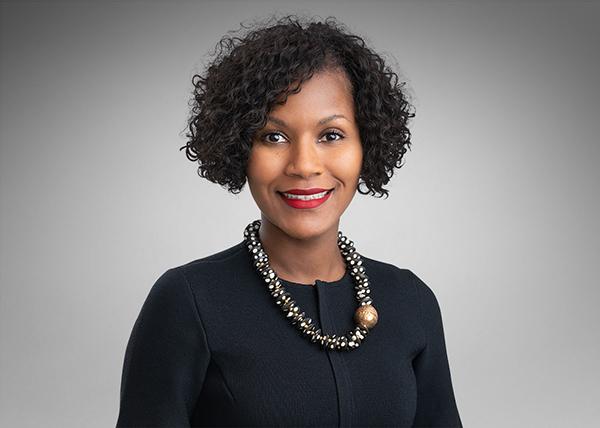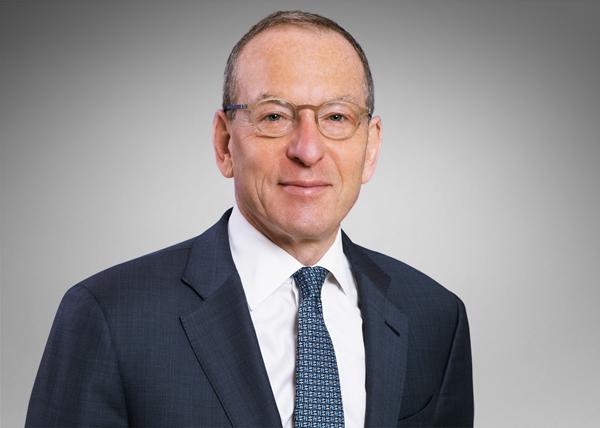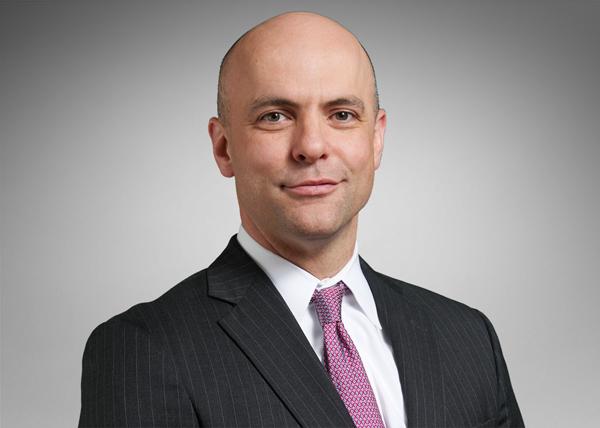WASHINGTON– Covington partner Phyllis Jones has been named a Fellow of the American College of Trial Lawyers, one of the premier legal associations in North America. Phyllis is the eighth Covington lawyer among the current fellows, joining Lanny Breuer, Robert Haslam, Carolyn Kubota, John Nields, George Pappas, C. William Phillips, and Paul Schmidt.
Recognized by Chambers USA as a “trusted trial counsel and strategist,” Phyllis is a first-chair litigator with a wide-ranging complex litigation practice representing clients in state and federal courts and before arbitral panels and regulatory bodies. The American Lawyer has named her a “Litigator of the Week” two times for her success at trial, and she regularly serves as lead counsel in high-profile complex mass torts comprised of thousands of claims presenting the risk of significant exposure. Chambers commenters describe her as a “fabulous trial lawyer” and “so convincing in front of a jury.”
Founded in 1950, the College is composed of the best of the trial bar from the United States and Canada. Fellowship in the College is extended by invitation only, and only after careful investigation, to those experienced trial lawyers who have mastered the art of advocacy and whose professional careers have been marked by the highest standards of ethical conduct, professionalism, civility, and collegiality. Lawyers must have a minimum of fifteen years trial experience before they can be considered for Fellowship.
Membership in the College cannot exceed one percent of the total lawyer population of any state or province. The College strives to improve and elevate the standards of trial practice, the administration of justice, and the ethics of the trial profession. Qualified lawyers are called to Fellowship in the College from all branches of trial practice. They are carefully selected from among those who customarily represent plaintiffs in civil cases and those who customarily represent defendants, those who prosecute individuals accused of crime and those who defend them. The College is thus able to speak with a balanced voice on important issues affecting the legal profession and the administration of justice.
Back
Back











